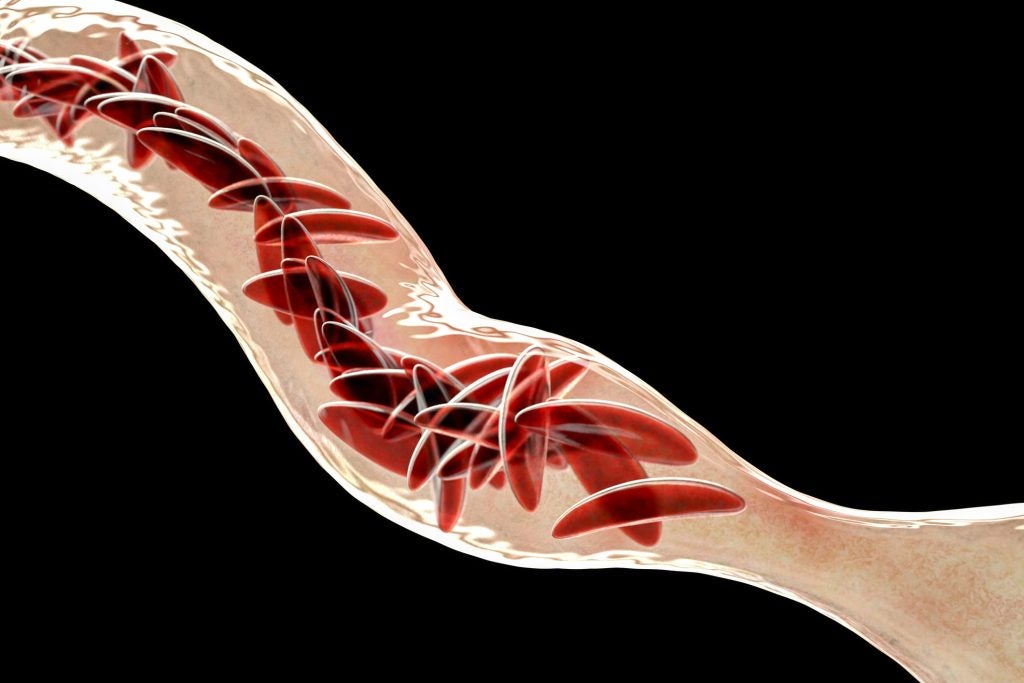Ipsen has received approval from the US Food and Drug Administration (FDA) for its Sohonos (palovarotene) capsules to treat people with the ultra-rare bone disease, fibrodysplasia ossificans progressiva (FOP).
It is approved as a retinoid to reduce the volume of new heterotopic ossification in adults and paediatric patients. Female patients must be eight years old and above to receive the treatment, and males must be at least ten.
The oral medicine Sohonos has a specific selectivity for the gamma subtype of retinoic acid receptors, which are skeletal development and ectopic bone regulators in the retinoid signalling pathway.
Sohonos mediates the interactions between the receptors, growth factors and proteins, and lowers the formation of new abnormal bone in FOP sufferers.
The FDA approval is based on the pivotal safety and efficacy data from the Phase III multicentre, open-label MOVE study in adult and paediatric patients.
This included 107 patients who were administered oral palovarotene and compared with untreated individuals from the Ipsen worldwide FOP natural history study.
The study showed that palovarotene successfully decreased the yearly volume of heterotopic ossification compared to no treatment beyond standard care.
Ipsen research and development head Howard Mayer stated: " Developing medicines for rare diseases takes commitment and belief from everyone involved.
“We at Ipsen are sincerely grateful to the FOP community of patients and medical experts, as the first-ever treatment in the US for managing FOP would not be possible without their participation in the clinical trials and ongoing support.”















